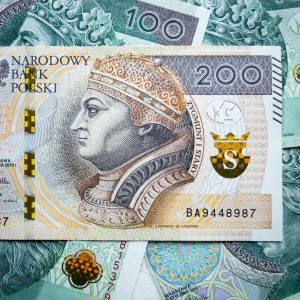Forex Spot Trading vs. Futures Trading: Which is Better for You?
When it comes to investing in the foreign exchange market (forex), there are two main types of trading that traders can engage in: spot trading and futures trading. Both approaches have their advantages and disadvantages, and it is important for traders to understand the differences between the two in order to make an informed decision. In this article, we will explore the characteristics of forex spot trading and futures trading, and discuss which one may be better suited for you.
Forex spot trading, also known as cash trading, is the most common form of trading in the forex market. In spot trading, currencies are bought and sold at the current market price, which is determined by supply and demand forces. This means that trades are settled immediately, and traders are able to take advantage of real-time market movements. Spot trading allows for a high level of liquidity, as the forex market is open 24 hours a day, five days a week. This makes it easier for traders to enter and exit positions at any time.
One of the main advantages of spot trading is its simplicity. Traders do not need to worry about contract expiration dates or rollover costs, as trades are settled on the spot. This makes spot trading more accessible for novice traders, as it requires less knowledge of complex financial instruments. Additionally, spot trading allows for greater flexibility in terms of position sizing. Traders can choose to trade any amount they desire, depending on their risk tolerance and account size.
However, spot trading also has its disadvantages. One of the main drawbacks is the lack of leverage. In spot trading, traders are only able to trade the amount of money they have in their trading account. This limits the potential for large profits, as traders cannot take advantage of leverage to amplify their returns. In addition, spot trading exposes traders to counterparty risk, as trades are conducted through decentralized markets. This means that there is a possibility of default by the counterparty, which can result in financial losses.
On the other hand, futures trading offers traders the opportunity to trade currency contracts at a specified price and date in the future. These contracts are standardized and traded on regulated exchanges, such as the Chicago Mercantile Exchange (CME). Futures contracts allow traders to take advantage of leverage, as they only need to deposit a fraction of the contract value as margin. This enables traders to control larger positions with a smaller amount of capital, which can result in higher potential returns.
Futures trading also provides traders with the ability to hedge against currency risk. By entering into a futures contract, traders can lock in a specific exchange rate for a future date, mitigating the impact of currency fluctuations on their trading positions. This can be particularly beneficial for businesses that have exposure to international markets and need to manage currency risk.
However, futures trading is not without its drawbacks. One of the main disadvantages is the lack of flexibility in terms of contract sizes. Futures contracts are standardized, meaning that traders can only trade in specific contract sizes, which may not be suitable for all traders. Additionally, futures trading requires a higher level of knowledge and understanding of financial markets, as traders need to be familiar with contract specifications and market dynamics.
In conclusion, both forex spot trading and futures trading have their own unique characteristics and advantages. Spot trading offers simplicity, high liquidity, and flexibility in position sizing, but lacks leverage and exposes traders to counterparty risk. On the other hand, futures trading allows for leverage, provides the ability to hedge against currency risk, but requires a higher level of knowledge and has less flexibility in contract sizes. Ultimately, the choice between spot trading and futures trading depends on individual trading preferences, risk tolerance, and investment goals.


